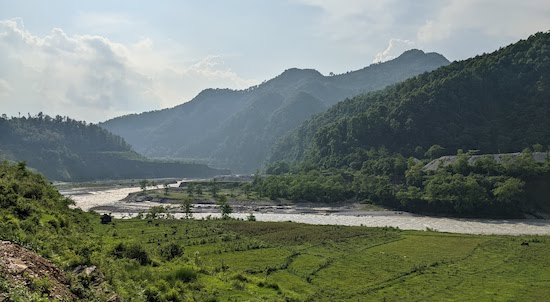Why Do Multilateral Development Banks Finance Repeat Offenders?

When faced with clients who have repeatedly failed to uphold threshold social and environmental policies, MDBs must make clear that any new funding is contingent on actively protecting communities from facing the risk of repeating past harms.
Multilateral development banks (MDBs) are international financial institutions that provide funding and technical assistance to developing countries around the world. These banks finance development projects run by public and private sector actors, and in deciding whether to fund specific projects, MDBs assess whether the proposed project adheres to the bank’s mission and its policies. These due diligence processes do not always prevent development projects from causing harm to local communities; and some clients with many complaints to their name are still approved for project financing. While communities who have been impacted by these projects can file complaints with the Independent Accountability Mechanisms (IAMs) within MDBs, the complaint processes don’t alway consider prior complaints against the same client.
The question that arises is why MDBs continue to empower clients that have a clear history of violating safeguards and causing harm to communities. When MDBs have received prior complaints that project implementers violated the bank’s social and environmental safeguards, why are those clients then able to continue their patterns of harmful practices? And when IAMs have evidence of harm to project-affected communities, why would that not provide context to their dialogue or compliance review process? In this article, we’ll explore this question through a case study: the Nepal Electricity Authority, the public entity that has received funding from major MDBs for multiple projects.
Read the full article from the Accountability Console newsletter here.

